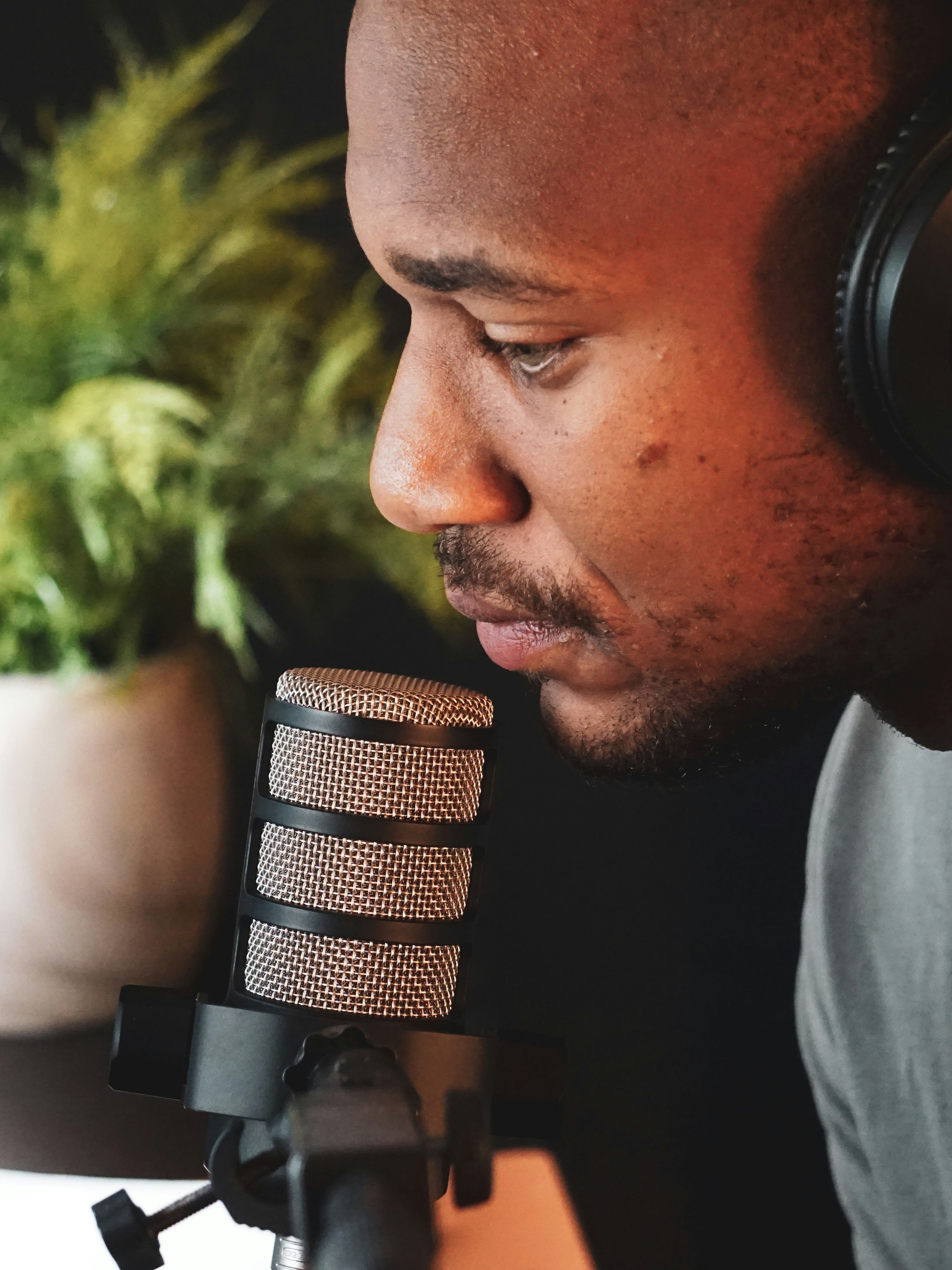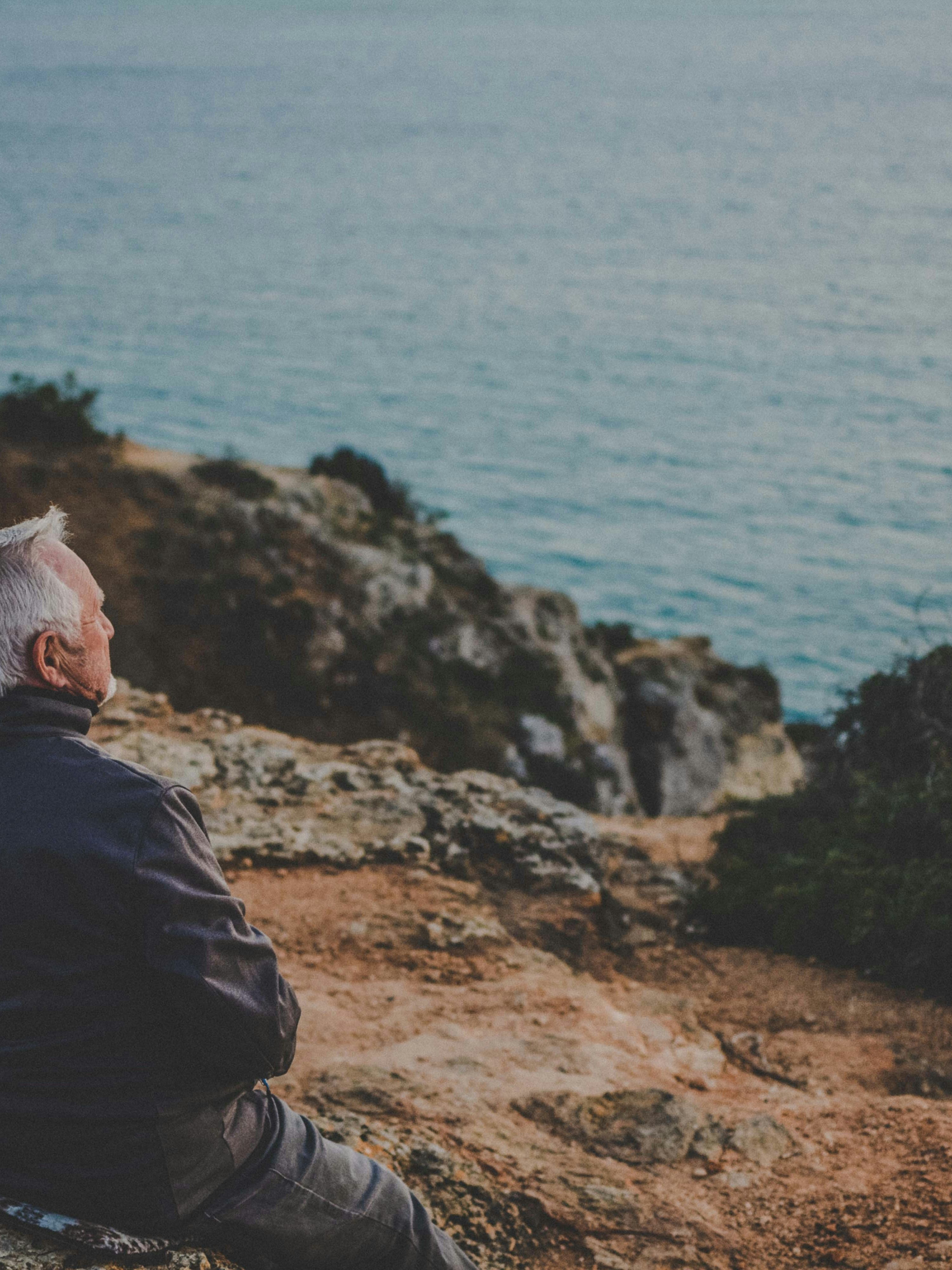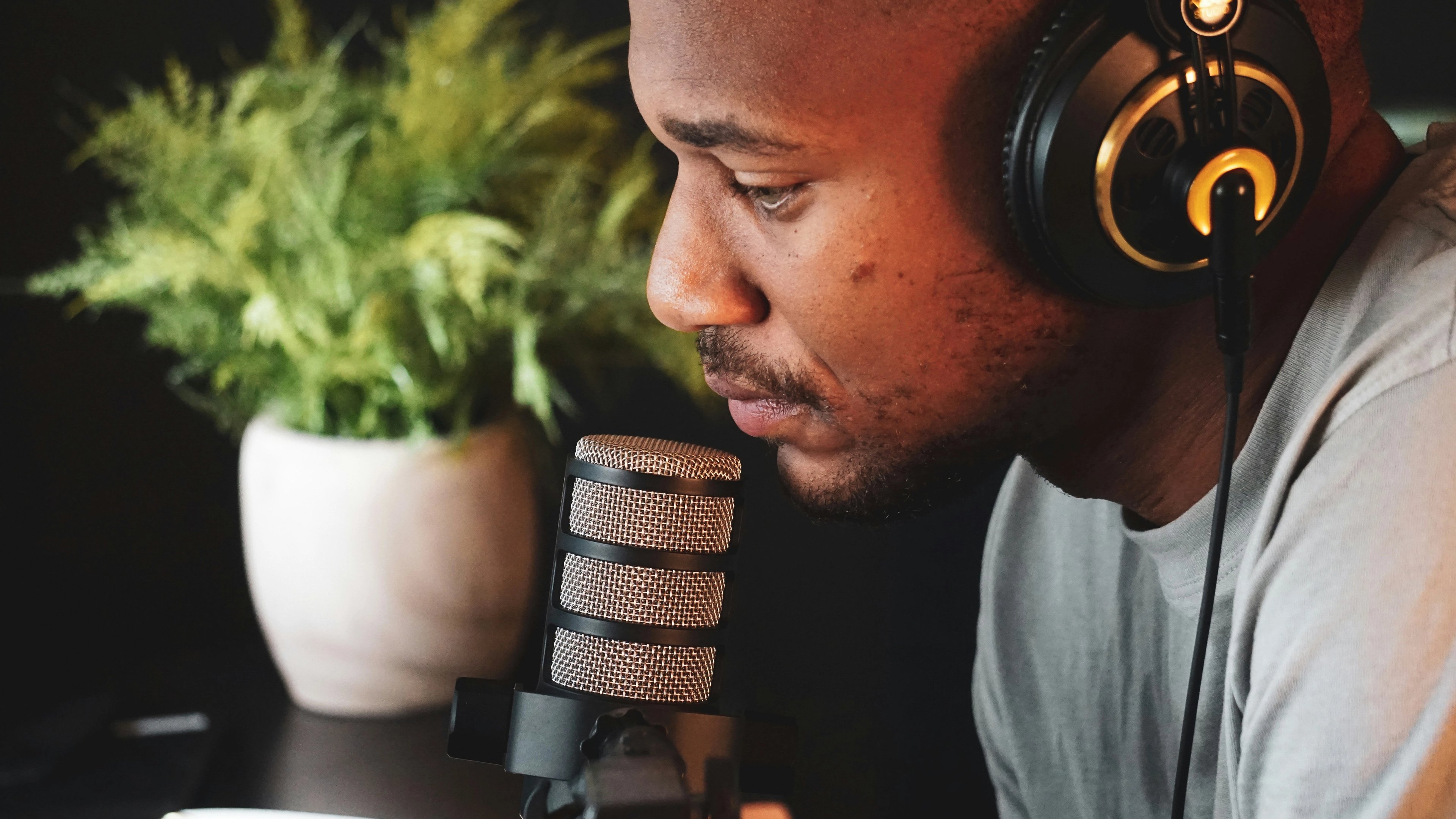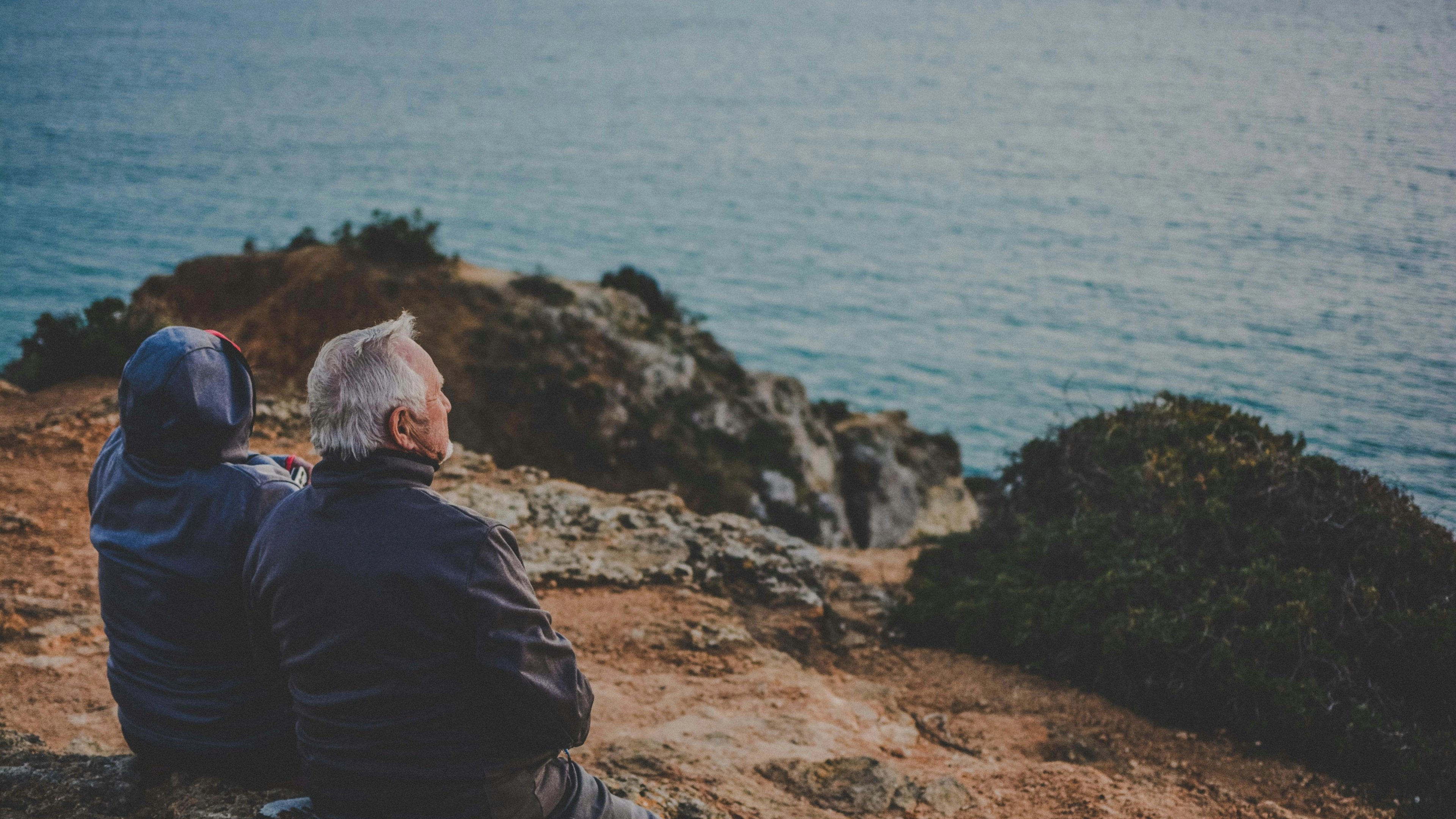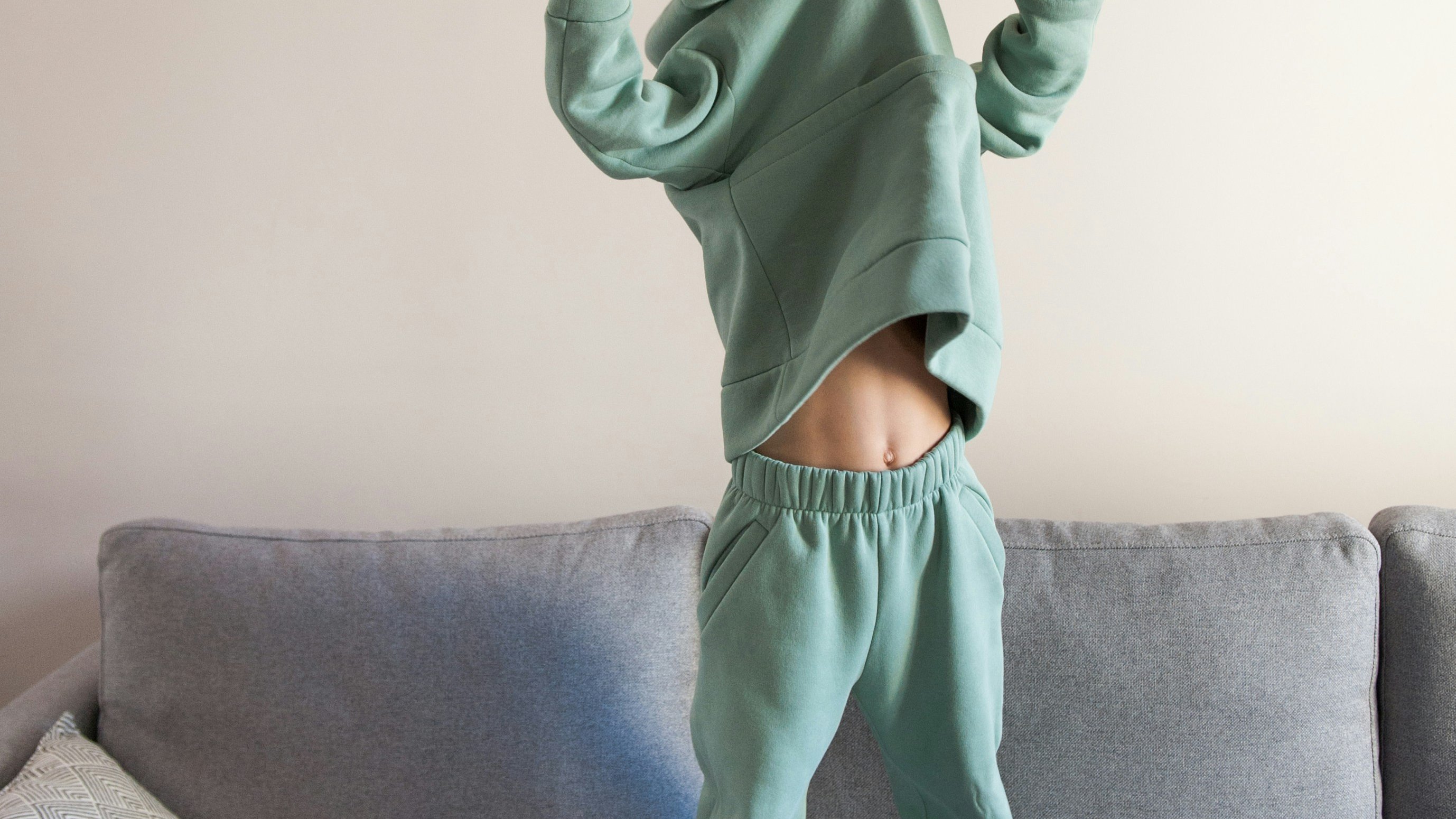Sleep Training Infants Safely Boosts Long-Term Well-Being
New research reveals that behavioral sleep training for young infants poses no risk to their mental health or development, debunking common parenting fears. This umbrella review synthesizes high-quality evidence showing improved sleep leads to better family dynamics and child growth. Parents can confidently use evidence-based methods starting at 4-6 months for lasting benefits.


